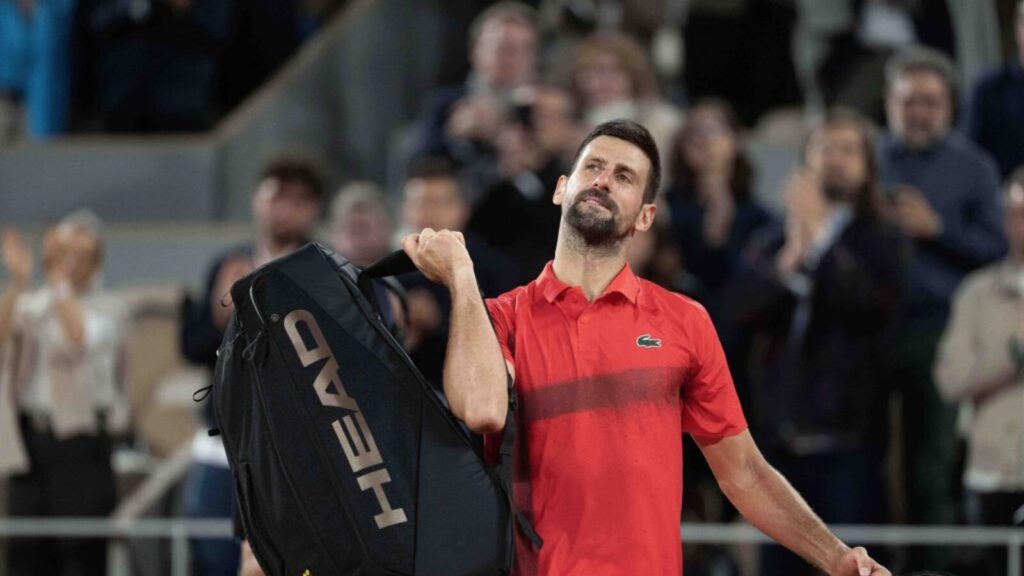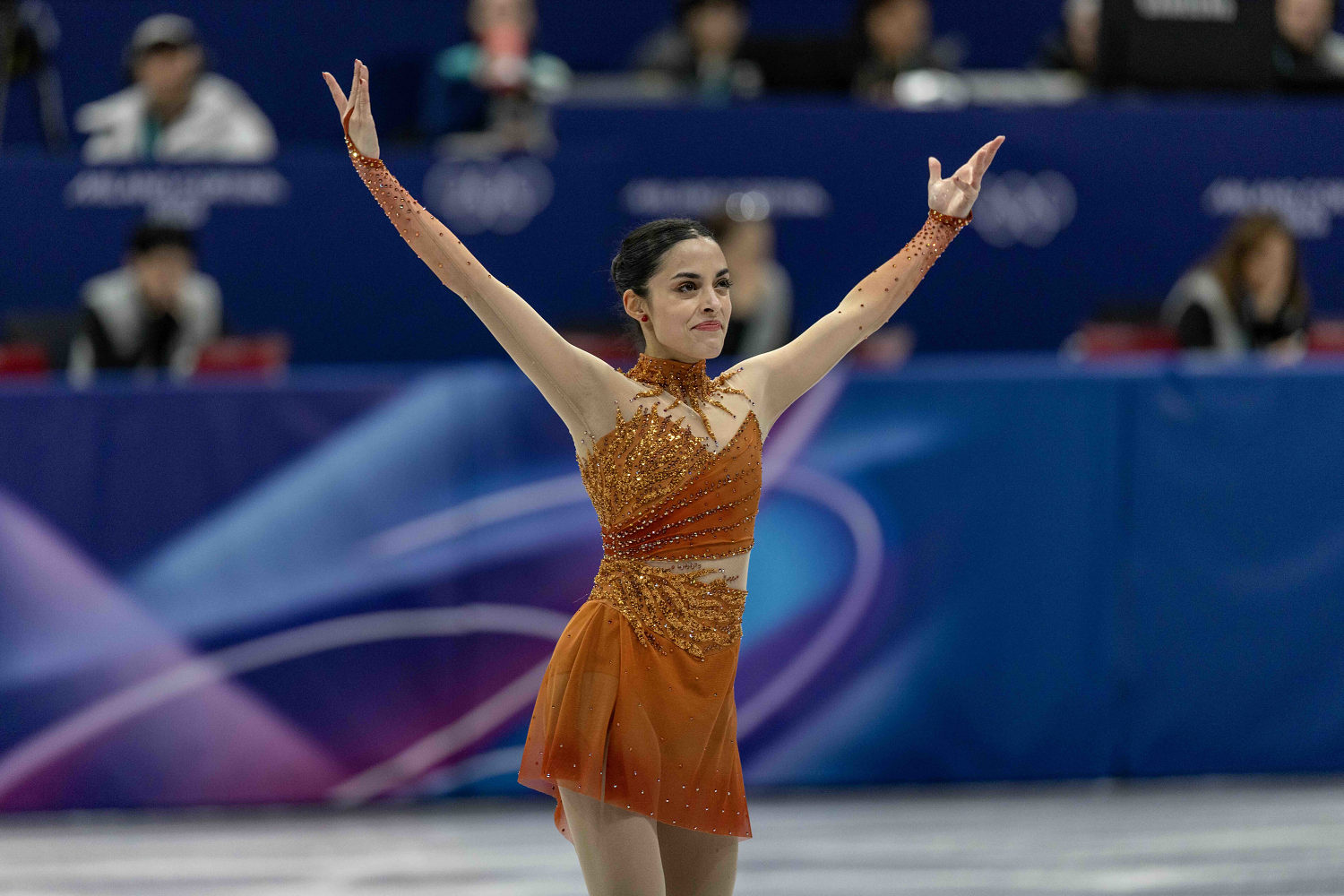
The upcoming ATP Finals in Turin is overshadowed by uncertainty surrounding Novak Djokovic’s participation, prompting criticism from world number one, Carlos Alcaraz. As the tournament approaches, Djokovic’s indecision about competing has created logistical challenges, frustrating players and fans alike.
The ATP Finals are set to feature the top eight players of the season, with Alcaraz and fellow young star Jannik Sinner in a fierce battle for the year-end number one ranking. However, the excitement is dampened as Djokovic, who is 38 years old, has delayed confirming his participation until after the ATP 250 final in Athens. This has left players like Lorenzo Musetti and Felix Auger-Aliassime in a state of uncertainty, awaiting Djokovic’s decision and its impact on their tournament standings.
Djokovic’s indecision is not merely a minor inconvenience; it has disrupted the tournament’s scheduling. The official draw for the ATP Finals lists Sinner’s first opponent as [UNKNOWN], highlighting the disarray caused by Djokovic’s situation. Such a scenario is typically associated with amateur events, not the pinnacle of professional tennis, and it has elicited widespread frustration among fans and commentators. One observer noted, “Such poor organisation it’s funny,” reflecting the sentiment of many who are disappointed by the current state of affairs.
Alcaraz, when asked about the situation, candidly referred to it as “a bad situation for everyone.” While other players like Taylor Fritz opted for a more diplomatic response, acknowledging Djokovic’s stature in the sport, Alcaraz’s remarks resonated with those frustrated by the disruption. He recognized Djokovic’s accomplishments but suggested that his current actions are disrespectful to fellow competitors and the tournament as a whole.
As a 24-time Grand Slam champion, Djokovic commands a high level of respect within the tennis community. However, the balance between respect and enabling problematic behavior is delicate. By allowing Djokovic’s indecision to hold the tournament hostage, both the ATP and its players risk validating this conduct. Fritz’s view that Djokovic has “earned” this right raises questions about the broader implications for the sport.
To mitigate similar situations in the future, the ATP has announced that starting in 2024, the Race to the Finals will conclude after the Paris Masters. While this change is a positive step, it feels reactive rather than proactive, as the current turmoil highlights the need for more robust scheduling policies. For the 2025 season, the damage has already been done.
As the ATP Finals commence, the focus should ideally be on the thrilling rivalry between Alcaraz and Sinner, along with the other top players vying for recognition. Instead, the narrative has been overshadowed by Djokovic’s indecision, diverting attention from the athletes who have consistently performed at the highest level. Alcaraz’s candid critique of the situation underscores the need for a more equitable and organized approach to tournament scheduling, ensuring that the spotlight can shine on emerging talent rather than lingering controversies.
The ATP Finals promise to be an exciting event, but the lingering effects of Djokovic’s drama have cast a shadow over what should be a celebration of excellence in tennis. Alcaraz’s remarks highlight the frustrations felt by many in the sport, emphasizing that the future of tennis deserves a focus on competition rather than chaos.







